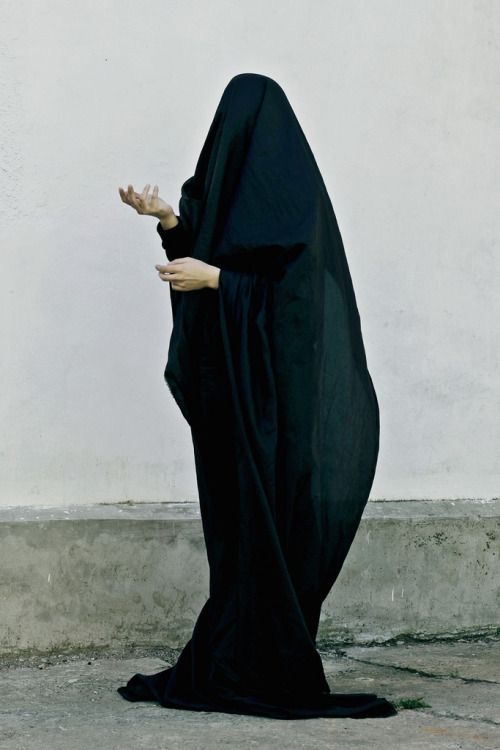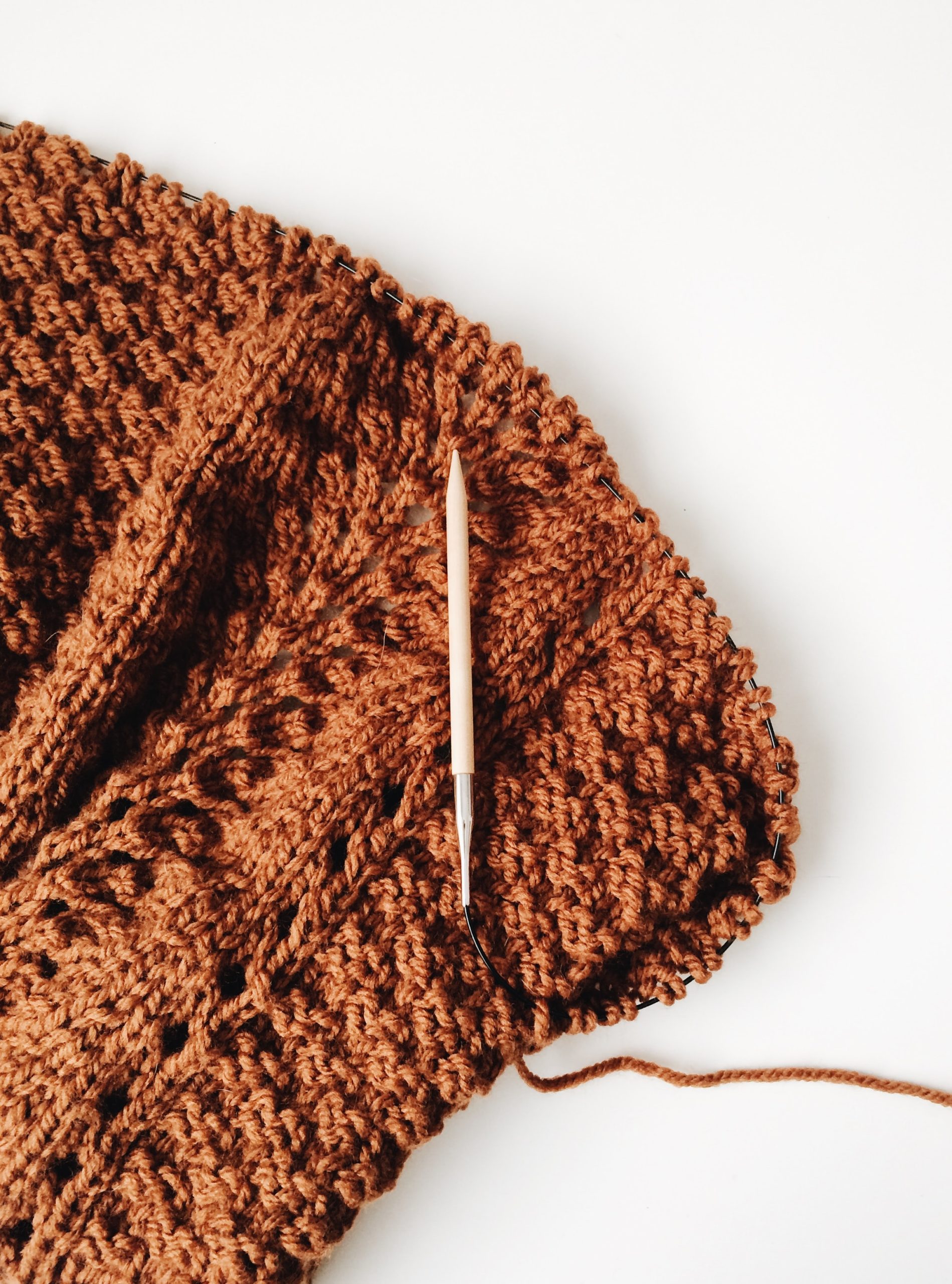“The ideal Muslimah is…”
The statement begins with these words and then goes on to describe an archetypal Muslim woman who does every single good deed there is, never makes a mistake, is never irritated, is liked by everyone, and consequently, is an example to all Muslim women. She is concealed from the world, she never complains when offended, never objects to anything, she always puts others before herself and is perpetually in a good mood. All of these are laudable qualities, and we should strive to possess them in some form.
However, there’s just one thing about her. She doesn’t exist.
It doesn’t matter how many seminars and workshops are held in her honour, or how many times she is invoked in shaming young women into good behaviour. She just does not exist. For a person that doesn’t exist, it is quite amusing how many seminars are never about being educating people about actual role models like Maryam (PBUH) or Khadijah (RA) or Aisha (RA) or Hafsah (RA) or Umm Salamah (RA) or Fatima (RA) but about glorifying this archetypal woman and telling Muslim women to emulate her, which would mean becoming some form of an infallible woman.
By these standards, none of the great female figures in Muslim history was the Ideal Muslimah, nor were they ever required to be for that matter. Yet they are ideal role models for us and they were praised by Allah for their great achievements. A good number of women were elevated in status above other women based on their devotion to Allah and the quality of their deeds. They attained worldly and spiritual upliftment, were recognized as pious and pure women and left lasting legacies for years to come. Yet none of them was perfect in every aspect. They were as human as everybody else.
Looking into the lives of Muslim women who excelled and are role models for all Muslim women, we are all impressed by their level of spiritual upliftment and devotion. Maryam bint Imran (PBUH) was described in Qur’an as chosen, purified and exalted over all the women of the world. She was brought up in a righteous household and dedicated her life to worship and doing good deeds. She was, by our standards, an utterly righteous and ‘ideal’ Muslimah. Yet when the pangs of labour started on her, she cried out and wished that she was completely forgotten. Surely, that detail disappoints the notion of an Ideal Muslimah who bears every pain with admirable fortitude and never lets out her emotions.
The wives of the Prophet excelled over all other women of their time and were given the title of Mothers of Believers by Allah, and they too were human. How many are the reports about a group of them pulling a prank on the Prophet to make him give up the honey; the casual name-calling from one wife to the other, the antics to make sure they maximized their time spent with the Prophet. No, our Ideal Muslimah doesn’t do that. She wouldn’t tell her husband that he wasn’t spending enough time with her. She is some otherworldly character who is out of touch with her human emotions and would accept whatever life brought her way.
If the wives of the prophet were good enough to be recognized by Allah despite such interesting reports about them, then the notion of the existence of an Ideal Muslimah does not hold water. We must realize that perfection is not required of us in Islam. As the Prophet (PBUH) told the companions, if they were to attain perfection in their religion and be with him always, the angels would come down and shake their hands. (Ibn Majah)
There is room for constant improvement in Islam. We are not required to shed our human traits to be proper Muslims. Rather, the religion is one that acknowledges human behaviours and offers ways on maximizing those behaviours in line with Islam. As Allah, Himself assures us, “Indeed Allah loves the constantly repentant, and He loves the constantly purified.” (Q2:222). This is one of the details that sets Islam apart from other religions. Islam combines things like the need for food, drink, intimacy, and wealth which would otherwise be considered filthy, greedy, base, or worldly, with God. It acknowledges the need humans have for these things and revolves around acts of worship around them.
Women need not be held to the unrealistic standards of the Ideal Muslimah, who by the way, is a fictional character with roots not unrelated to passive misogyny. The Ideal Islamic culture is not one of cancel culture, but one of constant repentance and improvement. If Allah had willed, He would have made every last one of these women beacons of absolute perfection. But He didn’t because it is important to have role models we can relate to, role models who made mistakes, role models who learned from their mistakes and became better. Our focus should be on bettering ourselves as worshippers, being devoted to Allah and following His injunctions. There’s no such thing as an Ideal Muslimah.




